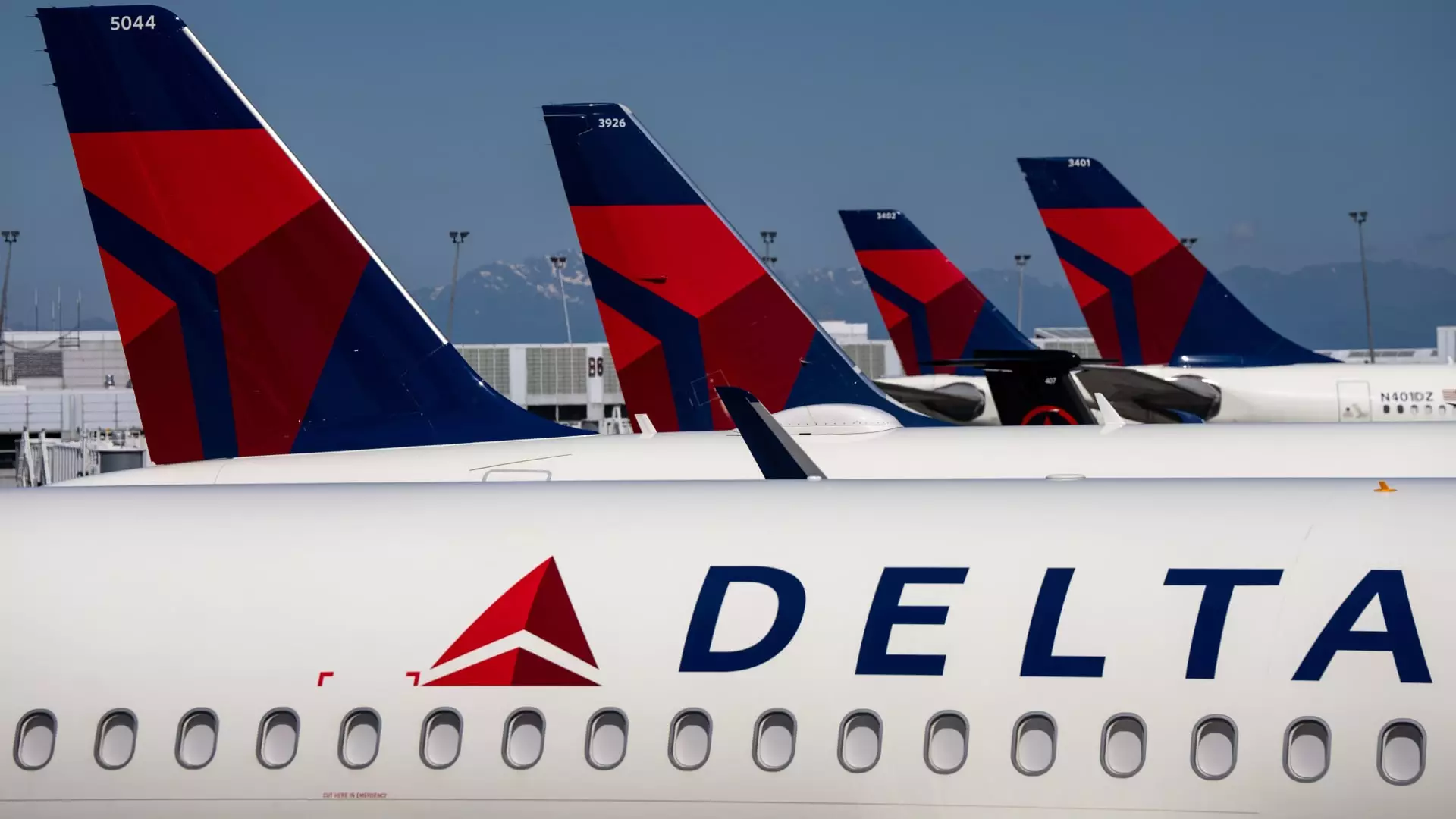Microsoft recently reacted to accusations made by Delta Air Lines regarding a massive IT outage and subsequent flight cancellations. Delta’s CEO, Ed Bastian, claimed that the disruptions cost the airline around $500 million and pointed fingers at Microsoft and CrowdStrike for the incident. However, Microsoft fired back, asserting that Delta had not modernized its IT infrastructure to the same extent as its competitors, leading to a slower recovery process for the airline.
Investments in IT Infrastructure
While Delta countered by stating that they have invested billions in IT capital expenditures since 2016, Microsoft’s representatives highlighted that the company’s assistance was turned down by Delta during the crisis. Microsoft offered free help to Delta in the aftermath of the IT outage, but the airline declined the support, ultimately prolonging the recovery process.
The blame game between Delta, Microsoft, and CrowdStrike escalated, with each party pointing fingers at the other for the IT outage. Microsoft’s legal officer highlighted that Delta’s reliance on other technology providers for crucial systems could have contributed to the airline’s challenges in restoring operations promptly. The lack of interoperability between different technology systems utilized by Delta was a central point of contention in Microsoft’s response to the accusations.
The incident shed light on the complexity of managing IT infrastructure for a large airline like Delta. The reliance on multiple technology providers for various systems within the airline’s operations posed challenges during the recovery period. Microsoft’s demand for transparency regarding the contributions of other technology providers like IBM and Amazon in Delta’s IT issues underscored the need for holistic IT management strategies in the aviation industry.
Lingering Questions and Future Considerations
As the dispute between Delta, Microsoft, and other technology providers continues, questions remain about the vulnerabilities of airline IT systems and the need for comprehensive disaster recovery plans. The incident serves as a cautionary tale for other airlines about the importance of modernizing IT infrastructure, ensuring interoperability of different systems, and proactively testing mission-critical technologies to prevent similar incidents in the future.
The conflict between Delta Air Lines and Microsoft over the recent IT outage highlights the importance of robust IT management practices in the aviation industry. The incident serves as a wake-up call for airlines to invest in modernizing their technology infrastructure, fostering interoperability between systems, and developing contingency plans to mitigate the impact of IT disruptions on operations. As technology continues to play a crucial role in the aviation sector, collaboration between airlines, technology providers, and regulatory bodies is essential to maintain the reliability and safety of air travel in an increasingly digital world.


Leave a Reply